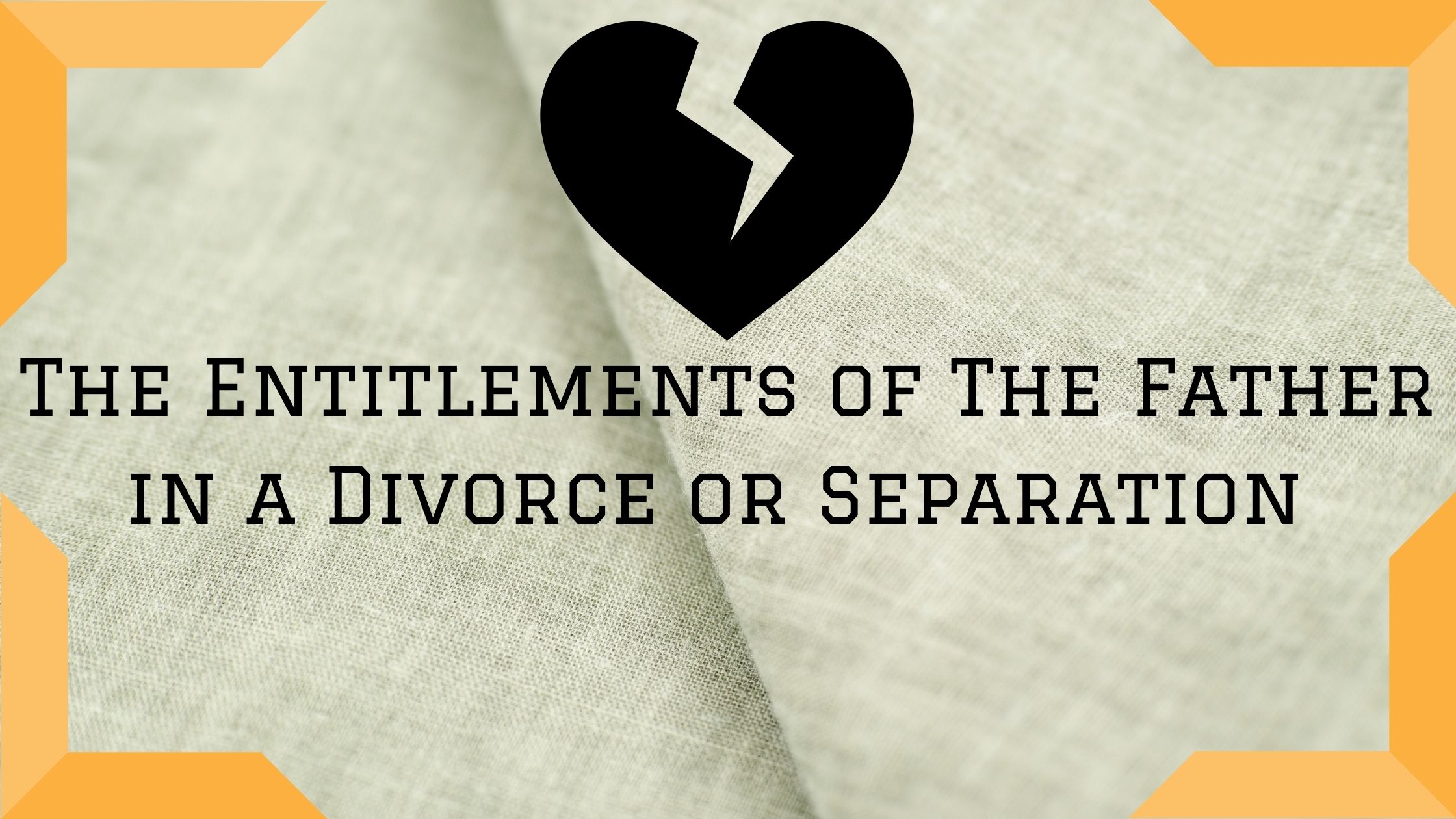
It is often difficult for a separated or divorced couple to know what is best for their children after parental separation. It is important to make objective decisions on who will be the better carer, how the responsibilities should be shared between them, how much time each parent should have with the children and where the child will reside. If the separated couple at hand cannot reach an agreement between them on these matters, then the court will be able to handle and assess each case based on the given circumstances.
When looking at the bigger picture, it is imperative to address the societal impact resulting from behavioural problems of children from divorced/separated families. The adverse psychological effects of divorce or separation on children can be lessened if the appropriate agreements are determined at the time of the divorce or separation between the separated couple. The agreed terms after separation should always favour the children’s wellbeing and ensure full support for the children in order for them to meet their full potential in life.
On the other hand, children can experience extreme distress when living in a home where there is an intense conflict between the parents. This justifies the application of divorce or separation, but it is then up to the parents or the court to correctly agree on the custodial arrangements for the children. Most arrangements are made outside of court between the two parents in an amicable manner. The court intervenes when agreements cannot be reached between the divorced/separated couple and help fittingly apportion custody and visitation terms by principally taking into account the child’s welfare.
Traditionally, the mother has been favoured in the family court system when allocating custody. However, in recent years, the role of the father in the child’s life has been given more consideration as it greatly advantages the child’s social and cognitive development. Many fathers going through a divorce often ask family lawyers the question, how much access is a father entitled to? Well, it is imperative for the child to receive fatherly support to improve their self-confidence and sense of contentment so there will be a level of access granted to the father if he is on good form and a reasonable individual. As a result, the court considers fathers as competent caregivers and have the legal right to be suitable custodians.
UK law takes into consideration the best interests of the child and even allows the child to give their view on custodial agreements if they have reached the age of 12. The child does not, however, have the legal power to take ultimate decisions, but it provides an additional perspective to identify any concerns with either parent. This is often the case when a child does not want contact with the father. This may be a result of the mother not promoting the father and therefore creating an unfavourable situation for the father. The father, in this case, will have to determine whether this is purely the child’s wishes or a form of negative control from the mother. The court will be able to help the father in these circumstances, as this can result in parental alienation and have adverse psychological effects on the child.
The correct use of a mediator, such as expert family lawyers in London, can help the separated couple reach an amicable solution. If the mother is resistant to negotiating with the father and a solution is not reached, then the father can consider proceeding with the court. It is vital that the father does not hurt his own case, and he can do so by avoiding certain actions such as unannouncibly taking the child for long periods of time or moving in with another partner during the divorce. These types of actions may hinder the father’s case in court and will not help during a custody battle.
Family lawyers such as those at Gulbenkian Andonian Solicitors are some of the most experienced legal minds in the UK when it comes down to the topic of divorce and child custody. They can advise you on the best cause of action to take to make sure you are protected through the process.


